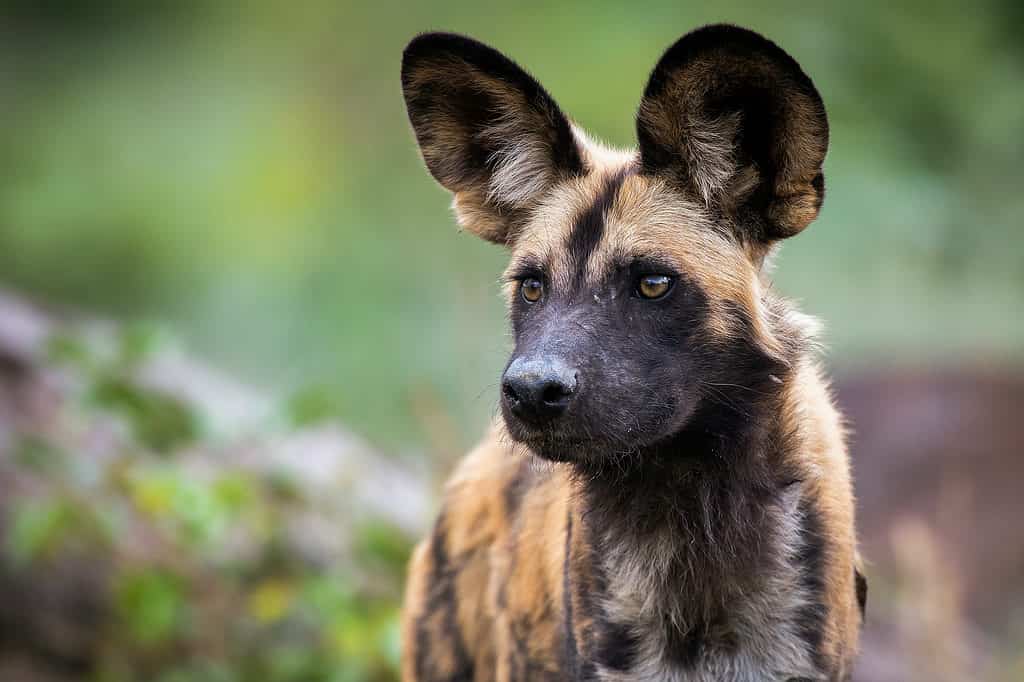No matter how tough of a predator you are in the wild, if you are alone, you are in danger. Lions are known as the kings of the jungle, and they strike fear in the hearts of many animals that roam the wide-open plains of Africa. However, a lone lion against a pack or a herd of angry animals doesn’t stand a chance. Let’s see this lioness caught in a similar situation in the video below.
Don’t Miss the Video Below!
Wild Dogs Attacking Lioness
The short Instagram reel posted at the top likely takes us to the land of Africa, given the animals and the landscape surrounding them. This videographer caught sight of a pack of wild dogs that were attacking a lioness. The Wild Animals Vid Instagram page shared this video with over 13,000 followers on their channel. On this page, we see various animals, such as wildebeests, komodo dragons, dogs, giraffes, and cats.
Lioness Defending Herself Against Pack of Wild Dogs
As the short clip starts, we see a lioness come barreling into the frame of the video. Close to her paws is a pack of angry wild dogs. Their sounds are deafening, as they all sound like a pack of wild cats trying to rip this predator apart.
A study conducted from 1992-1998 on six African wild dogs took place in the Hwange National Park in Zimbabwe. They studied the sounds these wild dogs made in their natural habitat. The researchers could identify numerous sounds and other vocalizations, including “yelp/squeals, whines, moans, growls, and barks.”
They can also be described as having a rallying howl, which is likely what we hear in the video above. These screeches are the sounds of these wild dogs being angry at this lioness. Perhaps she attempted to attack them, walked through their territory, or did some other deed that brought this attack on.
How Strong Are Wild Dogs?

Wild dogs hunt in packs so that they can take on larger animals
©Richard Juilliart/Shutterstock.com
The family Canidae’s African wild dog (Lycaon pictus) resides solely in Africa. Upon looking at these animals, they probably do not seem very impressive to the naked eye. These canines weigh between 30-80 pounds and reach about 3-4 feet in length. Not much when you think about it.
However, they are known to have a bite force of about 320 PSI (pounds per square inch.) According to a study completed on African wild dogs and the hypercarnivory in their cranial musculature, “L. pictus is also hypercarnivorous with the highest documented bite force quotient of any mammalian carnivore.”
So even though this is not a stronger bite force than the lioness, which has a bite force of about 1,000 PSI, their numbers far outweighed her being alone, which left them stronger than she could ever be alone.
Ready to discover the top 10 cutest dog breeds in the entire world?
How about the fastest dogs, the largest dogs and those that are -- quite frankly -- just the kindest dogs on the planet? Each day, AZ Animals sends out lists just like this to our thousands of email subscribers. And the best part? It's FREE. Join today by entering your email below.
Thank you for reading! Have some feedback for us? Contact the AZ Animals editorial team.







